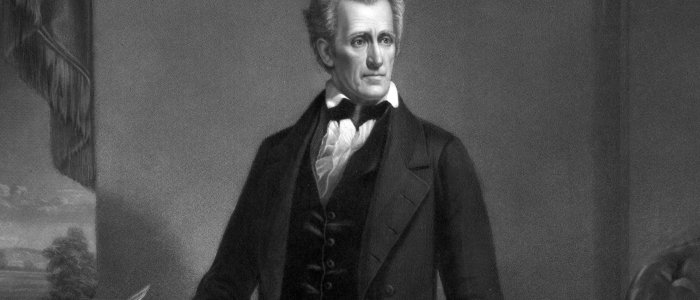Whatever else one has to say about the presidency of James Earl Carter Jr., one must admit that he was not a warmonger. A technocrat, yes; a utopian socialist, probably; a warmonger, no. The Carter presidency brought the United States as close as it has been to peace since the days of Herbert Hoover; sadly, with the cold war still raging and the Iranian people overthrowing the American puppet Shah, president Carter would find himself dragged into foreign entanglements all the same. Still and all, it was something close to peace, and that’s not nothing.
President Carter had the good fortune to be the first president since World War II not to inherit any military boondoggles in the far east. This was, in fact, part of the reason he won the election of 1976; as a relative unknown with no nationwide name recognition, he was at a steep disadvantage running against a sitting president during the bicentennial. However, the Carter campaign nimbly took advantage of president Ford’s two main areas of weakness: Watergate and Vietnam. As an outsider, Carter sold himself to the American people as a "reform" candidate who wasn’t enmeshed in any of the national political scandals, as against president Ford, who was still suffering from issuing the Nixon pardon two years prior. He was also able to tar Ford with the eventual final disgrace in Vietnam. In other words: Jimmy Carter ran on a "hope and change" ticket, spinning his inexperience and remoteness as a positive.


